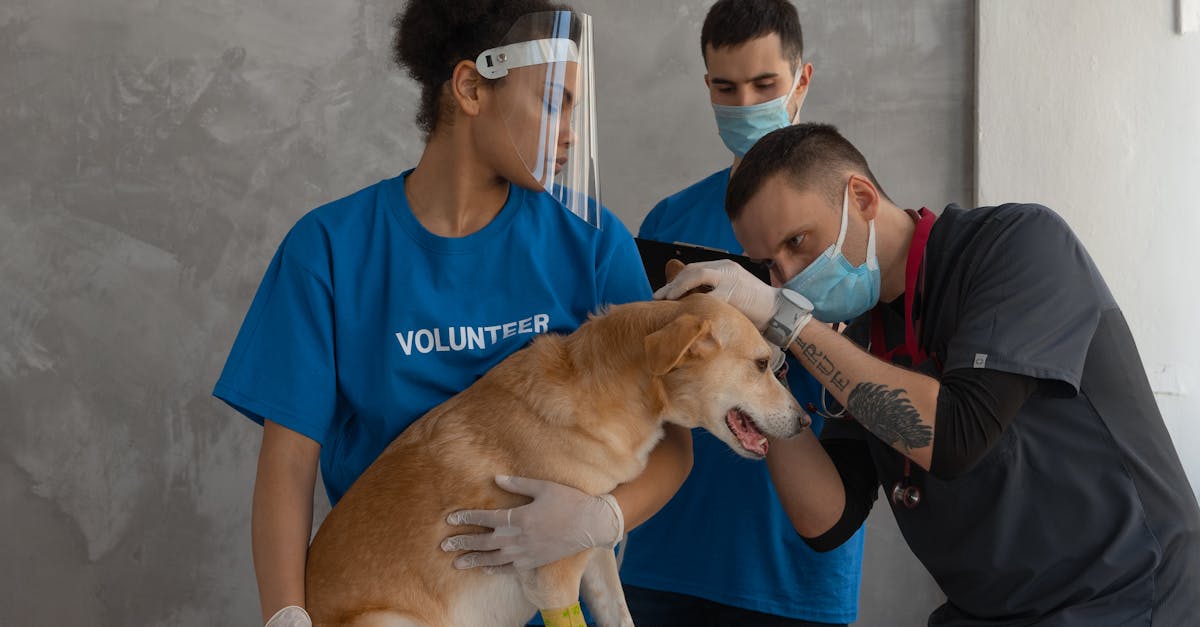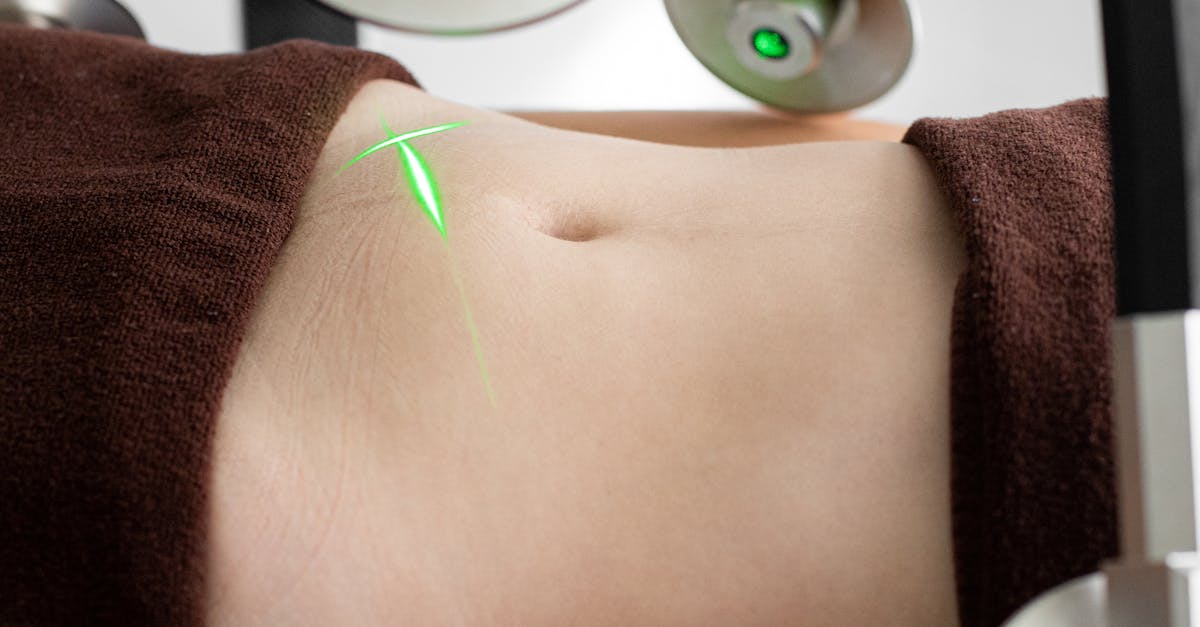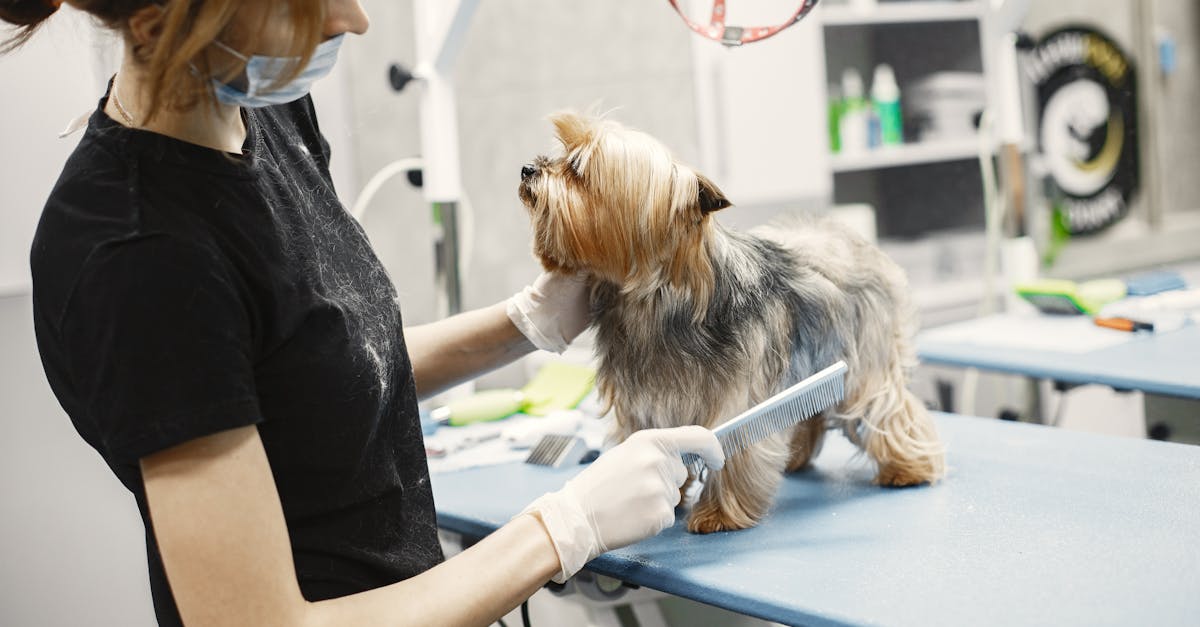Introduction: The Evolution of Pet Healthcare
In recent years, the landscape of pet medical care has undergone a remarkable transformation. This might sound strange, but the advancements in veterinary medicine are now rivaling those in human healthcare. If you’re like me, you probably consider your pet a member of the family, deserving the best care possible. What’s surprising is how far we’ve come in ensuring our furry friends lead healthier, happier lives.
The importance of staying updated with the latest innovations in pet medical care cannot be overstated. Not only does it equip pet owners with the knowledge to make informed decisions, but it also highlights the evolving nature of veterinary science. From groundbreaking diagnostic tools to revolutionary treatment methods, the strides made in this field are nothing short of extraordinary. Let me tell you about some of the most exciting developments that are shaping the future of pet healthcare.
Advanced Diagnostic Tools: A Game Changer
One of the most significant advancements in pet medical care is the development of sophisticated diagnostic tools. Imagine if we could diagnose diseases in pets as accurately and quickly as we do in humans. Well, we are now closer to that reality than ever before.
Digital Imaging and MRI
- Digital Radiography (DR): Unlike traditional X-rays, digital radiography provides clearer images with less radiation exposure. This technology allows veterinarians to detect issues that might have been missed with older methods.
- Magnetic Resonance Imaging (MRI): MRI scans are now being used more frequently in veterinary medicine. They provide detailed images of soft tissues, making it easier to diagnose conditions like brain tumors or spinal cord injuries.
Genetic Testing
Genetic testing has become a powerful tool in identifying hereditary conditions and potential health risks. For example, certain breeds are predisposed to specific genetic disorders. By identifying these risks early, veterinarians can develop preventative care plans tailored to each pet’s genetic profile.
Wearable Technology
Wearable devices for pets are becoming increasingly popular. These gadgets monitor vital signs, activity levels, and even sleep patterns. If you ask me, this is a fantastic way to keep an eye on your pet’s health in real-time. It hit me that such technology could provide early warnings for conditions like heart disease or diabetes.
Revolutionary Treatment Methods: Beyond Traditional Care
Traditional treatments are being supplemented by innovative methods that offer more effective and less invasive options for pets.
Stem Cell Therapy
Stem cell therapy is one of the most promising developments in veterinary medicine. It involves harvesting stem cells from the pet’s own body (often from fat tissue) and injecting them into damaged areas. This treatment has shown remarkable success in treating conditions like arthritis, ligament injuries, and even kidney disease.
Laser Therapy
Laser therapy uses specific wavelengths of light to penetrate tissues, reducing pain and inflammation while promoting healing. It’s interesting how this non-invasive treatment has become a go-to option for conditions ranging from skin wounds to chronic pain.
Immunotherapy
Immunotherapy, which harnesses the body’s immune system to fight diseases, is another groundbreaking innovation. For instance, cancer vaccines are being developed to help the immune system recognize and destroy cancer cells. On that note, here’s a story: a dog named Max, diagnosed with melanoma, was given an immunotherapy vaccine. The results were astonishing, with Max’s tumors shrinking significantly after just a few treatments.
Holistic and Integrative Approaches: A Comprehensive Care Model
The other day, I came across a fascinating article about holistic and integrative veterinary medicine. This approach combines conventional treatments with alternative therapies to provide comprehensive care for pets.
Acupuncture and Chiropractic Care
- Acupuncture: This ancient Chinese practice involves inserting thin needles into specific points on the body to alleviate pain and promote healing. It’s particularly effective for conditions like arthritis and chronic pain.
- Chiropractic Care: Just like humans, pets can benefit from chiropractic adjustments. This therapy focuses on the alignment of the spine and joints, improving mobility and reducing pain.
Nutritional Therapy
Nutritional therapy is gaining traction as a vital component of pet healthcare. Customized diets, tailored to a pet’s specific needs, can prevent and manage various health conditions. For example, a diet rich in omega-3 fatty acids can help reduce inflammation in pets with arthritis.
Herbal Medicine
Herbal medicine offers natural alternatives for treating various ailments. Herbs like turmeric and ginger have anti-inflammatory properties, while others like milk thistle support liver health. Personally, I’ve found that incorporating herbal supplements into my pet’s diet has made a noticeable difference in their overall well-being.
Telemedicine: Veterinary Care at Your Fingertips
Telemedicine has revolutionized the way we access veterinary care. If you’re like me, juggling a busy schedule, the convenience of virtual consultations is a game-changer.
Virtual Consultations
Virtual consultations allow pet owners to connect with veterinarians from the comfort of their homes. This is particularly beneficial for routine check-ups, follow-up appointments, and minor health concerns. What I’ve noticed is that this approach reduces stress for both pets and owners, as there’s no need for a stressful trip to the clinic.
Remote Monitoring
Remote monitoring tools, such as wearable devices and mobile apps, enable veterinarians to track a pet’s health data in real-time. This continuous monitoring can detect early signs of illness, allowing for prompt intervention. I for example, have used a pet health app that tracks my dog’s activity levels and sends alerts if there’s any significant change.
The Future of Pet Medical Care: What Lies Ahead
Looking back, it’s incredible to see how far veterinary medicine has come. But what’s even more exciting is the potential for future advancements. Imagine if we could eradicate common pet diseases or extend the lifespan of our beloved companions. The possibilities are endless.
Personalized Medicine
Personalized medicine, tailored to an individual pet’s genetic makeup, is on the horizon. This approach could revolutionize how we prevent, diagnose, and treat diseases. I’ve often wondered what the future holds for our pets, and it’s clear that personalized medicine will play a significant role.
Regenerative Medicine
Regenerative medicine, which focuses on repairing or replacing damaged tissues, is another promising field. Techniques like 3D printing of tissues and organs could one day become a reality, offering new hope for pets with severe injuries or illnesses.
Artificial Intelligence
Artificial intelligence (AI) is making its way into veterinary medicine. AI-powered diagnostic tools can analyze medical images with incredible accuracy, assisting veterinarians in making precise diagnoses. There’s something to be said for the potential of AI to revolutionize pet healthcare.
Taking the Next Step: How to Stay Informed
If you’re like me, you want to ensure your pet receives the best possible care. Staying informed about the latest innovations in pet medical care is crucial. Here are a few steps you can take:
- Regular Vet Visits: Schedule regular check-ups with your veterinarian to stay updated on your pet’s health and any new treatments or technologies.
- Research and Education: Read veterinary journals, articles, and reputable websites to stay informed about the latest advancements.
- Join Pet Health Communities: Online forums and social media groups can be valuable resources for sharing information and experiences with other pet owners.
In my own life, I’ve come to realize that being proactive about my pet’s health makes a significant difference. By staying informed and embracing new technologies, we can ensure our pets lead healthier, happier lives.
Final Thoughts: A Bright Future for Pet Healthcare
It’s funny how the field of pet medical care has evolved so rapidly. From advanced diagnostic tools to revolutionary treatments, the innovations we’ve seen are truly remarkable. If I had to guess, the future holds even more exciting developments that will continue to enhance the quality of life for our beloved pets.
I’ve learned that staying informed and embracing these advancements is the key to providing the best care for our furry friends. So, let’s continue to explore these innovations and ensure our pets receive the exceptional care they deserve.
If you have any questions or want to share your experiences, feel free to leave a comment below. Together, we can navigate the ever-evolving world of pet healthcare and make informed decisions for our cherished companions. 🐾










